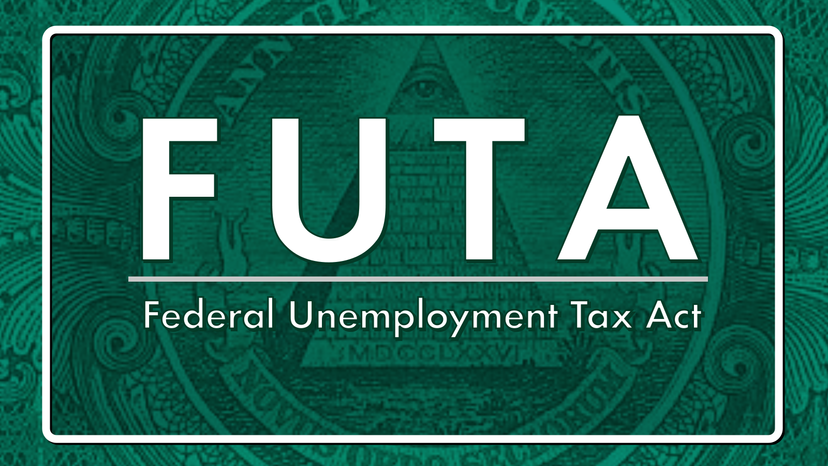 “The most recent major modification to FUTA occurred in 2011, when the tax rate was decreased from 6.2 percent to 6.0 percent. HowStuffWorks
“The most recent major modification to FUTA occurred in 2011, when the tax rate was decreased from 6.2 percent to 6.0 percent. HowStuffWorks
It’s safe to say that 2020 was a tough year. In the grip of the COVID-19 pandemic, unemployment in the United States spiked at 14.8 percent — a post-World War II high. A great number of Americans quickly became acquainted with unemployment benefits.
But where did those benefits come from? As with many government-related terms, the answer is an acronym: FUTA.
A Brief History of FUTA
Let’s start with the basics. FUTA stands for Federal Unemployment Tax Act (or the Federal University of Technology Akure, if you’re in Nigeria).
FUTA was written into law in 1939 in response to the Great Depression, during which the American unemployment rate soared to nearly 25 percent. Like Social Security, it was designed to act as a safety net — in this case for workers who suddenly found themselves out of a job. Its goal is to provide a temporary, partial wage to help unemployed people stay on their feet during the job hunting process.
Over the years FUTA has been tweaked a number of times. In 1970, an extended benefits program was folded into the Act. This affords extra weeks of aid to workers in states where the job market was particularly awful. Another modification in 1987 made unemployment benefits taxable as income.
The most recent major modification to FUTA occurred in 2011, when the tax rate was decreased from 6.2 percent to 6.0 percent.
Who Pays FUTA?
Pretty much every employer in the U.S., from Elon Musk to the owner of that German restaurant down the street, is subject to FUTA — the only qualifications are that they must have at least one employee who works 20 weeks per year or makes $1,500 in a given quarter. But just as with every grammar rule in the world, there are a few exceptions. In FUTA’s case, religious institutions, nonprofits and schools don’t count, meaning they don’t have to pay it.
What’s more, certain types of employee wages are exempt from FUTA. These include U.S. government employees, hospital interns (yes, hospitals specifically), certain agricultural laborers, teenage newspaper deliverers and pretty much anyone who makes money outside of the U.S.
Here’s the Math
As mentioned above, the current rate on FUTA is 6.0 percent, though that only applies to the first $7,000 of each employee’s wage. In other words, a company with one employee pays $420, regardless of how much that employee makes over $7,000. A company with two employees pays $840, a company with four employees pays $1,680, etc. If an employee makes less than $7,000 annually — say, in a temporary or part-time position — then their total salary is used to calculate the amount owed.
However, thanks to business tax credits, most employers end up paying a 0.6 percent rate when all is said and done (assuming they’ve paid their state unemployment taxes). During the pandemic, certain additional credits became available to employers for keeping their employees on payroll. FUTA taxes are filed quarterly, unless the total amount owed comes out to less than $500 per year.
Remember, as complex and annoying as they can seem, taxes don’t have to be scary. It’s just a matter of staying on top of the details. And in tough times, taxes like FUTA can help keep the country functioning.
Now That’s Interesting
SUTA, or State Unemployment Tax Act, has a wage base that varies from state to state. Though some use the same $7,000 base as FUTA, the spectrum runs all the way up to Washington state’s $56,500.



























